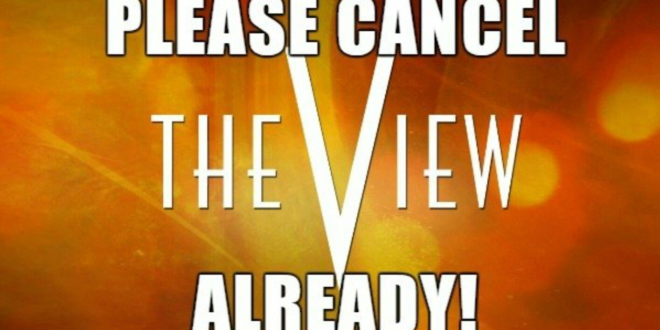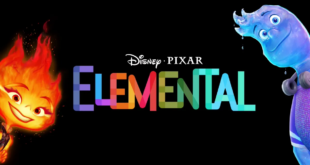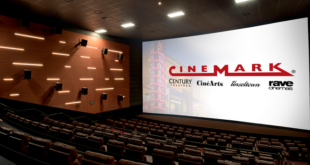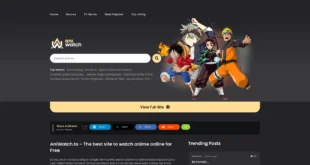In today’s fast-paced digital age, the phenomenon of “canceling” has emerged as a powerful force in shaping public discourse and media landscapes. “Cancel The View” embodies a metaphorical call to action, urging a reevaluation of the content we consume and the voices we amplify. This article delves into the intricacies of this movement, exploring its implications, challenges, and potential pathways forward.
The Genesis of Cancel Culture
Cancel culture, a term that has infiltrated the lexicon of social media and beyond, refers to the collective withdrawal of support from public figures or entities deemed to have acted or spoken in a socially unacceptable manner. This digital form of ostracism has roots in accountability, yet it wades through murky waters of public opinion, often leading to polarized debates. The call to “Cancel The View” is not just about a single show or entity but symbolizes a broader critique of media consumption and the power dynamics within.
Media’s Pivotal Role
The media, in its traditional and new age forms, holds a mirror to society, reflecting and sometimes amplifying the prevailing norms, values, and debates. Shows like “The View,” known for their hot takes on current events and cultural issues, become arenas where public opinion is both shaped and contested. The decision to “cancel” such platforms arises from a collective judgment that these spaces no longer serve the public’s interest or have deviated from their intended purpose.
The Ethical Quandary
At the heart of the “Cancel The View” sentiment lies a complex ethical dilemma. On one hand, it champions the cause of holding media accountable for perpetuating misinformation, bias, or harmful rhetoric. On the other, it raises questions about freedom of expression and the dangers of mob justice in the digital age. This tension underscores the need for a nuanced approach to media criticism, one that balances the scales of justice and free speech.
The Ripple Effects
The impact of canceling a show or platform extends beyond the immediate fallout for those directly involved. It sets a precedent, signaling to content creators and media personalities the boundaries of acceptable discourse. However, this can also lead to a chilling effect, where creators self-censor out of fear of backlash, potentially stifling diversity of thought and expression.
Navigating the Tides
The call to “Cancel The View” is emblematic of a larger societal reckoning with the media we consume and the voices we elevate. Navigating this landscape requires a multipronged approach:
Promoting Media Literacy
Empowering individuals with the skills to critically evaluate media content is foundational. Media literacy education can help discern fact from opinion, recognize bias, and understand the broader context of media messages. This empowerment fosters a more discerning audience, capable of engaging with content constructively.
Fostering Open Dialogue
Encouraging open, respectful dialogue around contentious issues can bridge divides and promote a healthier public discourse. Platforms that facilitate these conversations, while moderating hate speech and misinformation, can contribute to a more informed and empathetic society.
Accountability Mechanisms
Establishing clear standards and accountability mechanisms for media content can help mitigate the excesses of cancel culture. This includes transparent editorial policies, fact-checking practices, and avenues for audience feedback and redress.
Supporting Diverse Voices
Diversifying the voices and perspectives in media ensures a richer, more inclusive discourse. Supporting independent media outlets, minority voices, and alternative platforms can counteract the homogenization of content and provide a counterbalance to mainstream narratives.
The Way Forward
The impulse to “Cancel The View” reflects a broader desire for media that aligns with societal values of fairness, integrity, and inclusivity. As we move forward, the challenge lies in fostering a media landscape that upholds these ideals while respecting the nuances of free expression and the complexities of human behavior.
In conclusion, the call to “Cancel The View” is more than a hashtag or a fleeting trend. It is a manifestation of the ongoing struggle to shape a media environment that truly serves the public good. By embracing media literacy, fostering open dialogue, insisting on accountability, and amplifying diverse voices, we can navigate the tides of public opinion and media impact with wisdom and grace. The journey is fraught with challenges, but the destination—a more informed, empathetic, and inclusive society—is well worth the effort.
FAQs
Why do people want to cancel shows like “The View”?
People may want to cancel shows like “The View” for reasons such as spreading misinformation, promoting biased or one-sided views, offensive remarks by hosts, or content that is deemed harmful or not reflective of societal values. The motivation often stems from a desire to hold media platforms accountable for their influence on public opinion and discourse.
What is cancel culture?
Cancel culture is a form of boycott or withdrawal of support from individuals or entities (like TV shows, celebrities, or brands) that are considered to have acted or spoken in a manner that is objectionable or offensive. It’s a way for the public to express disapproval and enforce accountability, primarily through social media platforms.
How does cancel culture affect freedom of speech?
Cancel culture raises complex questions about freedom of speech. While it can be seen as a form of public accountability, critics argue that it can also suppress free expression by instilling fear of backlash or ostracism for sharing controversial or unpopular opinions. This tension highlights the need for a balanced approach that respects both accountability and freedom of expression.
 Inspirescroll
Inspirescroll




